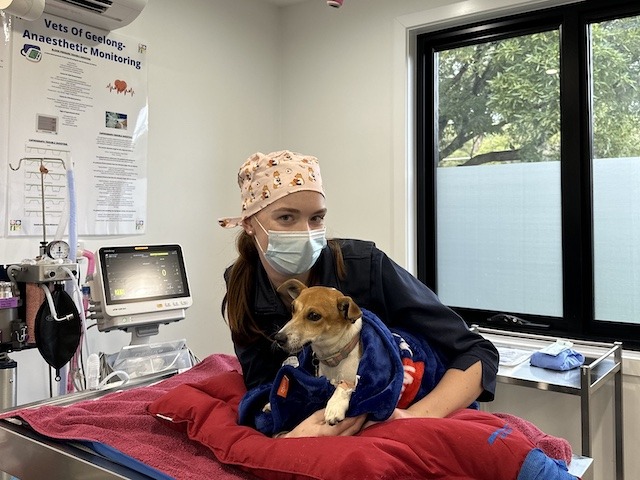Australians have one of the highest pet ownership rates in the world, with around sixty-nine percent of Australian households owning a pet. One of the ways you can help your pets live a long and happy life is to schedule regular appointments for them with your veterinarian.
Proper care and check-ups with your vet can play a crucial role in maintaining the well-being and health of your pets. While pet owners are aware that their furry friends need regular visits to their vet, the issue of how often to see the vet is less well understood. The frequency of your vet visits may depend on factors such as age, species, lifestyle, health status, and requirements for vaccinations.
outine and Preventive Care Checkups
Routine checkups and preventive care are effective ways to help your pets avoid more serious illness. If you are wondering how often dogs should get vet check ups, it’s recommended that healthy adult pets go in for annual checkups. These visits will typically include a physical and dental assessment and may include a recommendation for basic diagnosis bloods or urine tests.
If your breed of pet can be predisposed to certain genetic conditions, then bi-annual exams may be in order. Recent advancements in veterinary diagnostics now allows vets to detect more sub-clinical diseases.
Chronic Medical Conditions or Illness
Pets with a chronic medical condition like epilepsy, diabetes, heart conditions, or kidney disease will need more regular visits to their vet. The scheduled frequency of these visits could range from quarterly to monthly, depending on the exact severity of their specific illness and the stability of their overall health.
As an example, pets with diabetes might require frequent visits initially in order to help stabilise their insulin doses. Follow ups visits would be needed to periodically check their blood glucose and to perform urinalysis tests.
Care for Age-Related Needs
In general, kittens and puppies will require more frequent vet visits than adult cats and dogs. During their first year, a young animal will usually visit the veterinarian several times for their vaccinations, developmental assessments and other checkup services. These visits help ensure that your pets are healthy and developing normally.
Senior pets, typically those over the age of seven, may also require veterinary care more often. Checkups twice a year are advisable for pets in that age group. Vets in Australia can perform geriatric screening panels that can be used to monitor your aging pets.
Parasite Control and Vaccinations
Pets in Australia can face multiple parasite threats such as ticks, intestinal worms, fleas, and heartworms. Vets will usually recommend quarterly or monthly preventatives. There are also options for yearly preventative parasite controls. A physical exam may be needed to check for any signs of an infestation, and to see if there is any reaction to the medicine.
The schedule for vaccinations can be a key determinant in setting up pet visits with the veterinarian. Typically, dogs get vaccinated for distemper, infectious hepatitis and parvovirus; cats will receive vaccines for calcivirus, feline herpesvirus and panleukopenia. These vaccines will generally be administered in series to kittens or puppies, with boosters annually or every third year.
